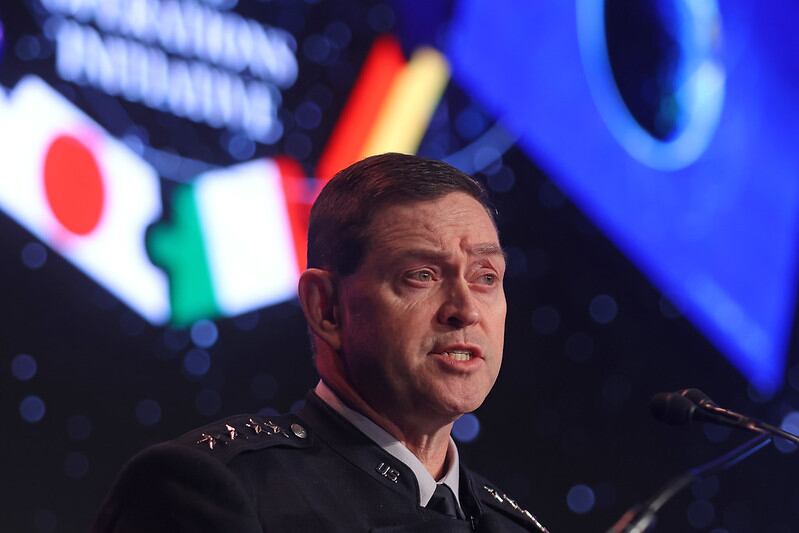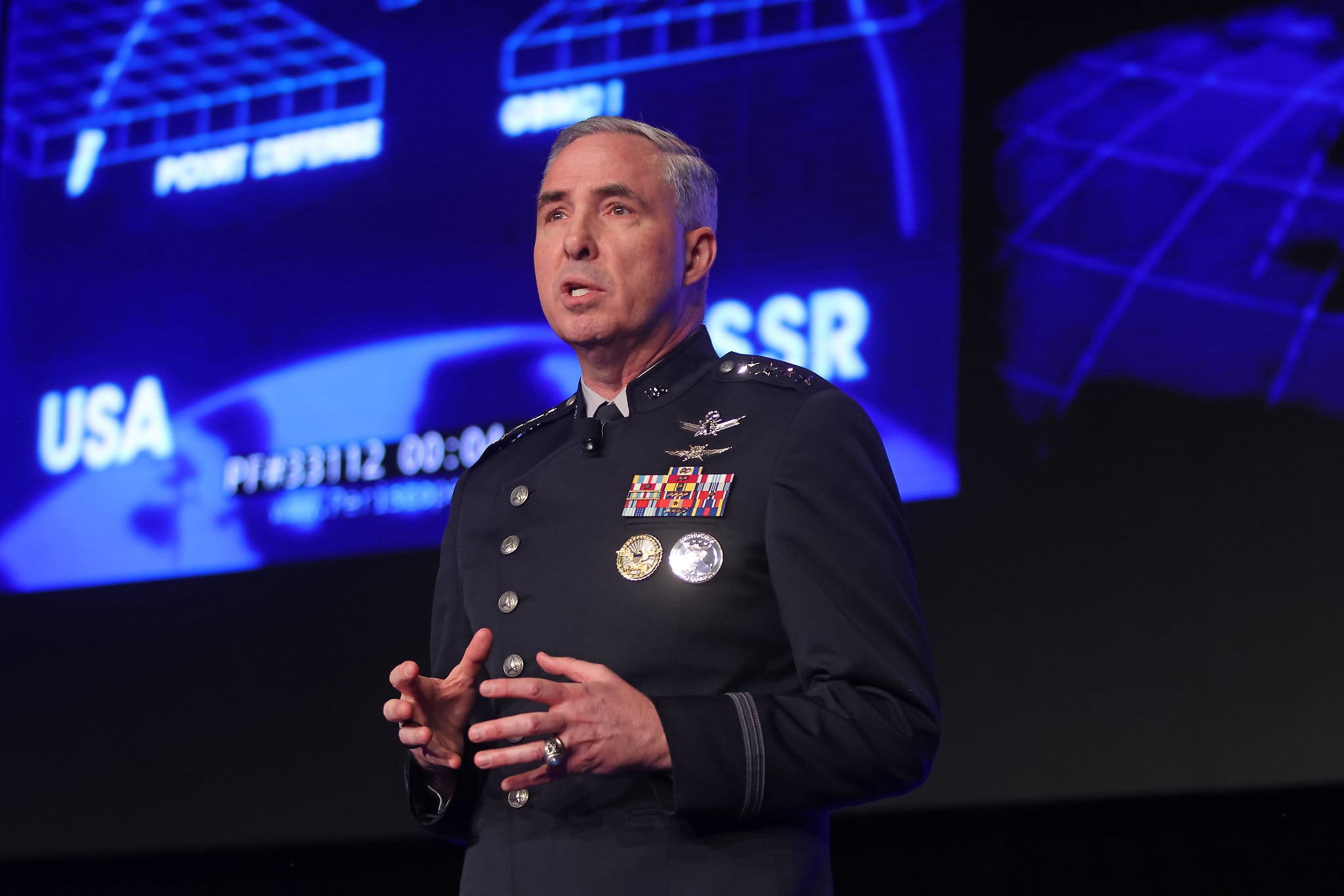PARIS — Production has begun for the Sea Fire digital radar, a naval sensor designed to track new weapons including supersonic missiles, Thales said.
“Thales is pleased to announce that the first Sea Fire radar for the French Navy’s FTI future medium-size frigates program is now in production,” the company said in a May 9 statement. “It is tailored to evolving requirements and the new threats faced by the French Navy, particularly supersonic missiles.”
The company started building the four-panel phased array antenna after three years of research into radar technology and architecture, backed by the Direction Générale de l’Armement procurement office, the company said. The radar draws on work on big data and cybersecurity, and future software development will be written into the system to boost performance and reliability over the life of the system.
The DGA signed a contract with Thales for the Sea Fire radar separate from the April 2017 deal inked with Naval Group for design and production of five FTI frigates.
Thales is building the radar at its Limours facility, just outside the capital. The sensor is built to track conventional, asymmetric and emerging air and surface threats.
The company will deliver the first radar next year for qualification at the DGA facility at Saint-Mandrier, just outside the Toulon naval base, southern France. Thales will in 2020 ship the four radar panels to Naval Group’s Lorient shipyard, western France, where the five FTI frigates will be built.
The first of the 4,200-ton FTI frigates will be delivered in 2023 and enter service in 2025.
France has set a €3.8 billion (U.S. $4.5 billion) budget for the FTI program, which is intended to boost export sales and also arm the French Navy, which is struggling to meet its requirements.
The French service expects to sail a fleet of 15 frigates by 2030, the Navy Chief of Staff Adm. Christophe Prazuck told the defense committee of the lower house National Assembly Oct. 11. The Navy presently deploys 17 frigates, “and I do not manage to do all that I should do with that number,” he said.
The service should have a fleet of 18 first rank frigates, 18 of the upgraded ATL2 maritime patrol aircraft and 18 patrol vessels, he said.








